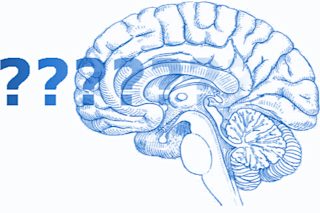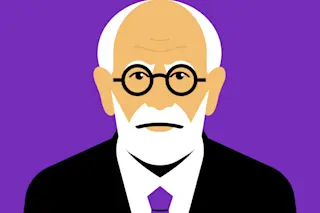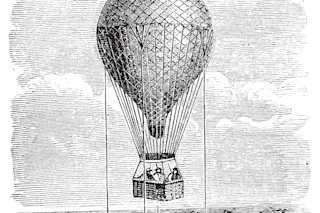A new paper from Nick J. Broers of Maastricht University argues that the size of the effects measured in psychology experiments is essentially meaningless.
An 'effect size' is simply the magnitude of an effect. For instance, if I show that giving students an apple before an exam increases scores by 5% on average, I could say that the effect size of the apples was 5%.
Psychologists have become more interested in effect sizes in recent years. There have been successful efforts to encourage reporting of standardized effect sizes in psychology papers, and this is now mandatory at some leading journals.
The argument for reporting effect sizes is compelling. At the most basic level, an effect size lets us know if a phenomenon is large enough to be interesting. A tiny effect could be statistically significant if measured with a large enough sample size, but most people would say that a ...














